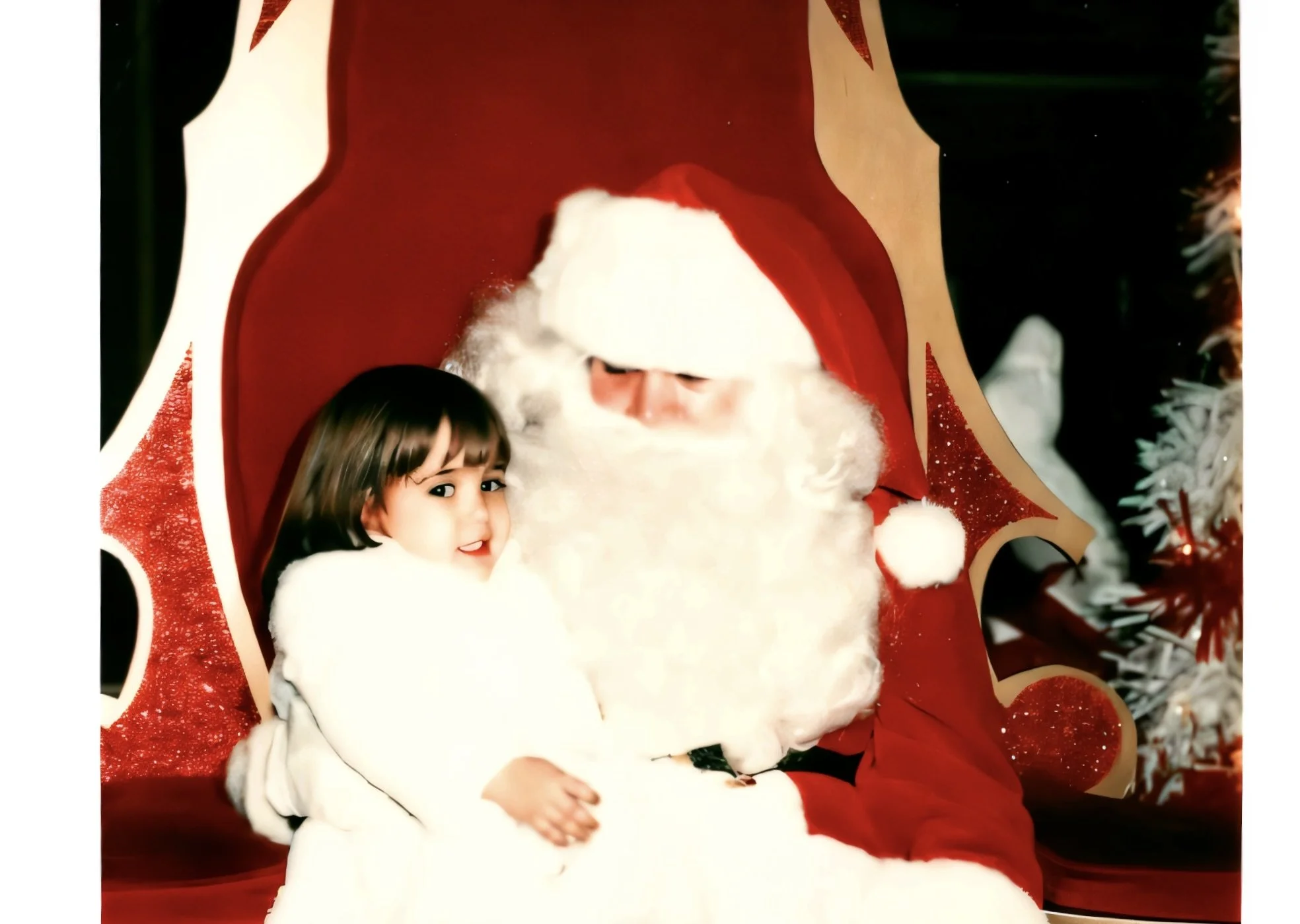How to Pick Autism-Friendly Gifts That Say “I Get You”
When you grow up autistic, you don’t just remember the gifts you loved.
You remember the gifts that made you feel… misunderstood.
The “social skills” workbook when you really wanted art supplies
The scented lotion that set your skin on fire
The surprise party when your whole nervous system wanted a quiet night in
For a lot of us, gifts have been less about joy and more about pressure:
“Here, become more normal.”
“Here, be more social.”
“Here’s something I would like, so you should like it too.”
That’s exactly why autistic people are often excellent at giving gifts to other autistic people. We’ve lived the misfires. We’ve cataloged what actually feels good in our bodies and brains. And we’re usually paying attention to sensory details and comfort in ways non-autistic people don’t even notice.
So when I recommend gifts for autistic folks (and link a few of my favorite items on Amazon), I’m not just guessing. I’m thinking like an autistic nervous system.
Here’s what that looks like.
1. We Think in Sensory Profiles, Not Just “Cute Ideas”
Most typical gift guides focus on trends:
✨ Fun! Cute! Popular!
Autistic brains often go:
“Will that itch?”
“Is that loud?”
“Will that smell give me a migraine?”
“Can I use this when I’m overloaded and need to be alone?”
Because we live with these questions daily, we’re better at recommending things like:
Soft, tagless clothing (not just “cozy sweater” but “no seams stabbing you in the shoulders”)
Weighted blankets or lap pads that feel grounding instead of smothering
Noise-reducing or noise-cancelling options that actually help us regulate
Those aren’t just “nice extras” — they can be the difference between a gift that gets used every day and one that lives in a closet.
2. We Respect Special Interests (Even if They Seem “Niche”)
Autistic people understand the joy of deep dives.
We know what it’s like to:
Watch the same show 50 times and still find new details
Fill a shelf with every book in a series
Know way too much about trains, fungi, video game lore, or fountain pens
So when I suggest gifts, I lean toward:
More of what they already love (the next book, new expansion pack, upgraded version)
Better tools for their interest (good markers, model-building tools, reference guides)
Instead of “broadening their horizons,” we’re saying:
“I see what lights you up. Here’s more of that.”
3. We Don’t Use Gifts to “Fix” People
This is a big one.
Autistic folks are used to being given things that carry a hidden message:
“Confidence” journals that really mean “mask better”
Social skills games that really mean “your current way of being isn’t acceptable”
As an autistic person giving advice, I am not interested in gifts that say:
“Here, improve yourself so you’re easier for everyone else.”
I’m interested in gifts that say:
“You are allowed to be how you are, and I want you to be more comfortable, more regulated, and more you.”
That might look like:
Stims that feel good (chewelry, fidgets, stim toys that are quiet and durable)
Regulation supports (heating pads, cooling towels, soft throw blankets, footrests)
Environment helpers (soft lighting, blackout curtains, sensory-friendly bedding)
Support ≠ correction.
4. We Understand Energy Limits and Executive Function
A “nice” gift that requires:
complicated assembly
a lot of social interaction
constant upkeep
…often becomes a guilt object for autistic people. We want to use it, but every time we see it, we just feel bad that we haven’t.
Autistic-informed gifting leans toward:
Low-maintenance, ready-to-use items
Simple systems that actually make life easier (organizers, timers, visual supports)
Gifts that reduce demands, not add new ones
If I link to something like a planner, it’s going to be one that’s clear, simple, and realistic— not packed with 47 “productivity hacks” that assume unlimited spoons.
5. We Know the Difference Between “Fun in Theory” and “Safe in Reality”
A lot of neurotypical gift guides assume:
Surprise = good
Crowds = fun
Loud = exciting
But many autistic people experience:
Surprises as stress
Crowds as sensory overload
Loud as actual physical pain
So autistic gift advice tends to respect:
Predictability (no surprise “experience gifts” unless they explicitly said they want that)
Opt-out options (gifts that can be used alone, quietly, in their own time)
Control (volume knobs, dimmers, textures that can be changed or removed)
We’re thinking nervous system first, aesthetic second.
Why I Link Specific Products
When I link to Amazon products, I’m not just thinking, “Oh, this is popular.” I’m asking:
Is it soft or smooth where it touches skin?
Is there a scent? A noise? A flashing light?
Can this help someone stim, regulate, or feel seen?
Does this gift accept who they are, instead of pushing them to change?
My goal is to help you choose gifts an autistic person will actually enjoy, not just “appreciate the thought and then quietly avoid.”
So if you’re shopping for an autistic loved one — or you are autistic and want to send someone a wish list — autistic-created gift guides are a great place to start. We’re not just guessing what might work.
We live this. 💛
Because this is how 2 year olds dressed for Christmas in 1977.


